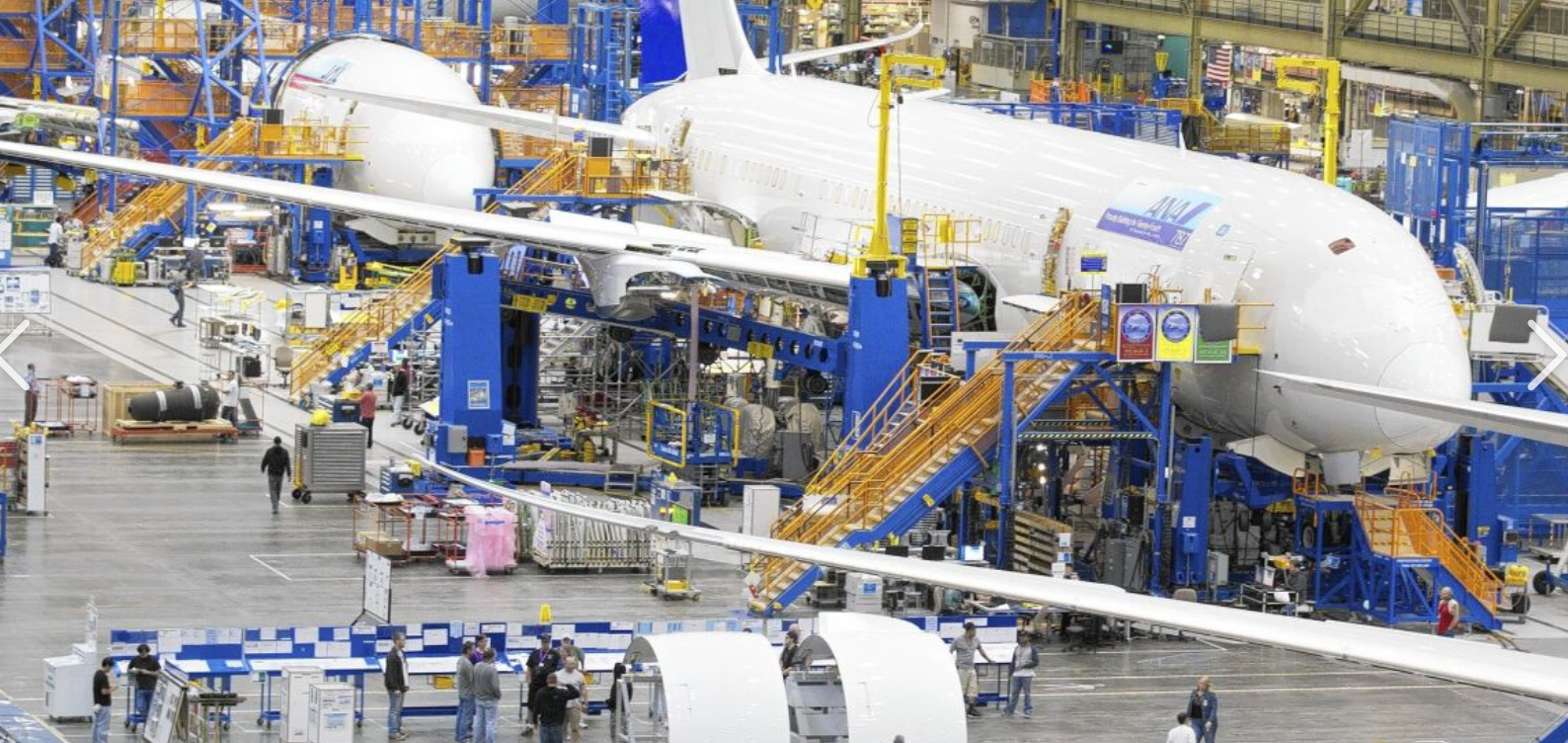Boeing Faces Scrutiny: U.S. Official Calls for Strict Oversight Amid Trust Issues
Boeing, one of the world’s largest aerospace manufacturers, is under intense scrutiny as U.S. officials demand stricter oversight to ensure passenger safety. Recent whistleblower allegations and manufacturing quality concerns have eroded public trust in the company. Federal authorities, including the Federal Aviation Administration (FAA), have imposed production caps on Boeing’s 737 MAX aircraft to ensure compliance with safety standards. This article explores the key factors contributing to Boeing’s current crisis, the federal response, and the steps Boeing must take to regain trust.
Whistleblower Allegations and Internal Safety Concerns
What Are the Allegations?
Former Boeing employees have raised serious concerns about production flaws and safety oversights. Ed Pierson, a former senior manager at Boeing’s 737 MAX factory, has claimed that production pressures led to compromised safety. Other insiders have also reported rushed manufacturing processes and ignored quality control measures.
Key Issues Highlighted by Whistleblowers:
| Issue | Description |
|---|---|
| Production Pressure | Employees claim that Boeing prioritizes speed over safety. |
| Ignored Quality Control | Reports suggest that some safety protocols were overlooked. |
| Communication Failures | Internal safety concerns were allegedly dismissed by management. |
| Potential Impact | If unresolved, these issues could lead to safety risks for passengers. |
The testimony of these whistleblowers has added weight to calls for increased government oversight.
Federal Oversight and Production Limits
How Is the FAA Responding?
In response to safety concerns, the FAA has placed production restrictions on Boeing’s 737 MAX. The agency has identified multiple non-compliance issues in areas like parts handling, storage, and quality control. These restrictions will remain in place until Boeing demonstrates significant improvements in its processes.
Key Federal Actions:
- Production Cap: Limits on how many 737 MAX aircraft Boeing can manufacture until safety improvements are verified.
- Mandatory Audits: The FAA is conducting frequent inspections of Boeing’s manufacturing facilities.
- Stronger Regulations: New policies are being considered to hold manufacturers accountable for safety lapses.
These measures highlight the government’s commitment to preventing future safety lapses in the aviation industry.
Boeing’s Response and Leadership Commitment
What Steps Is Boeing Taking?
Boeing’s leadership has acknowledged the challenges and pledged to enhance safety protocols. CEO Kelly Ortberg will testify before the Senate Commerce Committee to outline the company’s reform efforts. Boeing is also investing in improved quality control measures to meet federal standards.
Boeing’s Action Plan:
- Increased Transparency – Public disclosures on safety improvements.
- Employee Training – Enhanced training programs for factory workers.
- Stronger Quality Checks – Improved manufacturing inspections.
- Collaboration with FAA – Working closely with regulators to regain trust.
These actions are crucial for rebuilding Boeing’s reputation and restoring consumer confidence.
Conclusion
Boeing’s current crisis underscores the importance of prioritizing safety in aerospace manufacturing. The combination of whistleblower reports, government intervention, and corporate reforms will determine the future of Boeing’s operations. As the FAA continues to monitor the company’s progress, industry stakeholders and passengers alike will be watching closely.
Final Takeaways:
- Stricter federal oversight aims to improve Boeing’s manufacturing standards.
- Whistleblower allegations reveal serious safety concerns.
- Boeing must implement substantial changes to regain public trust.
- The FAA’s production cap will remain until Boeing proves compliance with safety standards.
[USnewsSphere.com / FAA]





